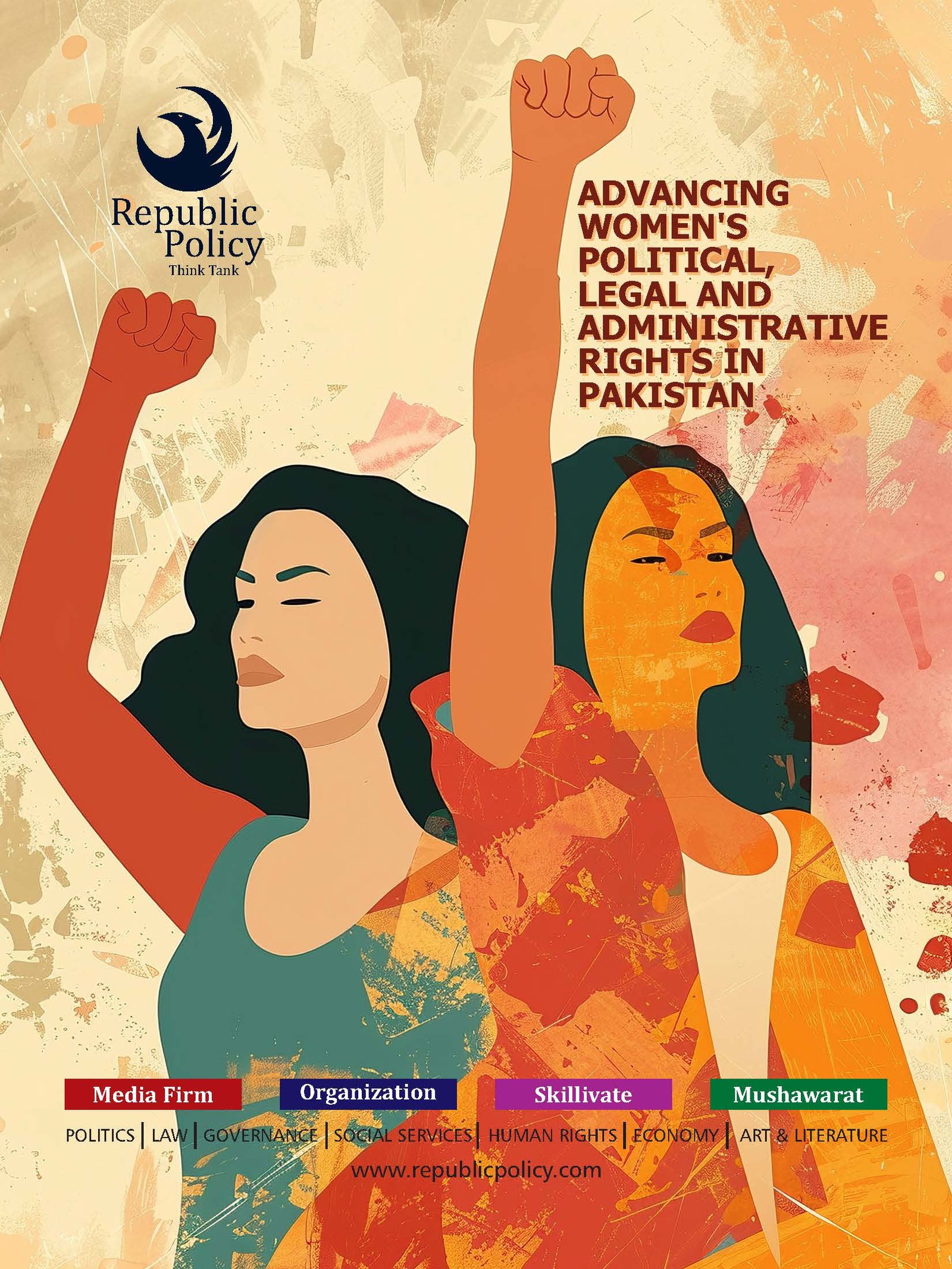Mubashar Nadeem
In the heart of a modern republic, murder for ‘honour’ continues to haunt Pakistan as one of its most appalling social ills. It is a brutal manifestation of patriarchal authority, disguised as tradition, that strips women of their dignity, autonomy, and even their lives. When a woman dares to love, choose her partner, or simply defies the restrictive norms imposed upon her gender, she is marked for punishment — not by the law, but by the customs of her community, family, or tribe.
The recent harrowing incident from Jaffarabad, Balochistan, shook the nation to its core. A video, widely circulated on social media, showed a young couple being executed in cold blood. The woman, visibly frightened, was shot while several men watched on passively. The footage is not only a testament to the horror of honour killings but also to the perverse normalisation of such violence in segments of society. In this particular case, the state did take notice. A terrorism case was registered, and several suspects — including a tribal elder alleged to have ordered the murder — were arrested. The matter was transferred to the Serious Crimes Investigation Wing, and a judicial order was issued to exhume the woman’s body for forensic examination.
But one isolated investigation cannot mask the systemic failures that allow these crimes to persist. In Punjab’s Attock, another horrific case emerged: a young mother was gunned down by her husband and father-in-law over mere suspicion about her “character.” In Khyber Pakhtunkhwa’s Lower Dir, communal honour claimed yet another couple suspected of illicit relations. These are not aberrations — they are part of a grim pattern. According to the Human Rights Commission of Pakistan (HRCP), at least 346 people were killed in honour-related incidents between January and November 2024.
Please, subscribe to the YouTube channel of republicpolicy.com
These killings do not happen in a legal vacuum; they occur in a parallel system of social justice, one that glorifies violence in the name of ‘honour.’ While the state’s penal code has made strides — particularly after the 2016 amendment to Section 311 of the Pakistan Penal Code (PPC) — these changes have not been enough. Section 311 allows the state to prosecute offenders in ‘honour’ cases even if the family forgives them, invoking the principle of fasad fil arz (mischief on earth). However, in practice, courts often do not exercise their discretion to override familial pardons. This failure has cemented a culture of impunity where blood can buy forgiveness and justice can be bargained away.
The problem is not only legal but deeply sociocultural. Honour killings thrive in an environment where patriarchy, tribal codes, and male dominance are not just social norms but moral absolutes. In many parts of the country, a woman’s body is considered the repository of family honour, and any assertion of her autonomy — be it in choosing a partner, leaving an abusive marriage, or refusing forced marriage — is viewed as an unforgivable transgression.
Legal reforms must therefore be accompanied by a societal awakening. It is not enough for laws to exist on paper; they must be implemented by a judiciary willing to prioritize justice over custom, and by police officers who treat these crimes as murder, not cultural disputes. Moreover, political leadership must stop pandering to tribal power structures and begin dismantling them. As long as jirgas and panchayats hold sway over rural justice, women will continue to die in silence.
Media and civil society have a crucial role to play. Far too often, narratives around honour killings frame women as martyrs for love, focusing on their bravery rather than condemning the violence that ended their lives. While acknowledging courage is important, it must not obscure the fact that no woman should face a gun for asserting her rights. The emphasis must shift from the nobility of sacrifice to the necessity of protection and justice.
The federal and provincial governments must also invest in victim protection programs, shelters, and fast-track courts for gender-based violence cases. Community awareness campaigns — especially in areas with high rates of such violence — must challenge the honour culture with the force of constitutional values. Religious leaders must be mobilised to declare that honour killings have no place in Islam, which upholds the sanctity of life above all else.
Ultimately, the state has a moral and constitutional obligation to safeguard all its citizens, especially the most vulnerable. Women are not vessels of familial pride or shame; they are individuals entitled to life, liberty, and protection under the law. The test of Pakistan’s democracy, rule of law, and human rights commitment lies in whether it can stop men from murdering women in the name of honour — and punish those who do.
If the nation does not act with urgency, we risk normalising a barbarism that shames our constitutional ideals. The blood of every woman killed in the name of honour is not just on the hands of her killer but on the conscience of a society that refused to protect her.
—
📌 For more analysis on human rights, governance, and justice, visit: www.republicpolicy.com
#HonourKilling #JusticeForWomen #HumanRights #EndPatriarchy #RepublicPolicy
















